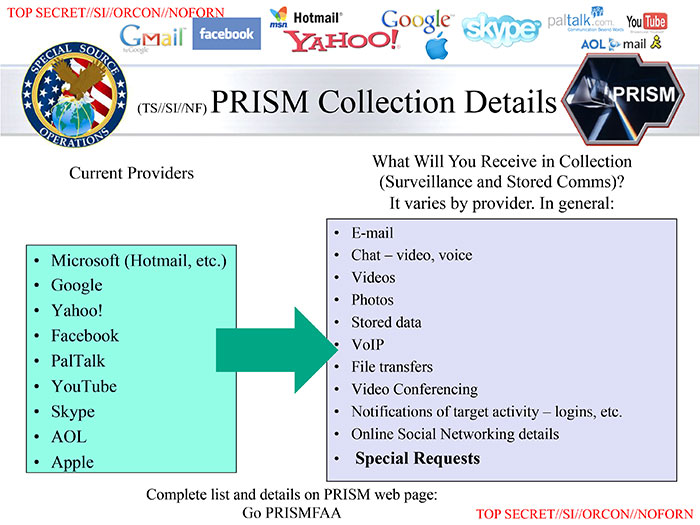Edward Snowden’s revalations in june of this year sure made the headlines, but to what effect? People worldwide are still going about with their business, chatting on Facebook, talking with their family and friends on Skype, using gmail and even scanning their thumb to unlock their phones. Little thought is given to the fact that Facebook, Skype, Google and Apple (and many others), according to Snowden, have opened up their servers to the NSA. Most people seem to be more or less careless about their privacy, but what price would be too hight to tolerate? What would make people drastically change their online preferences and behavior? Well, there’s already another victim next to privacy, namely democracy.
Snowden’s (self proclaimed) biggest reason for whistle-blowing, was his perception that the surveillance policy practiced by the NSA was undemocratic. The government, Snowden claimed, had legislated their policy outside of the democratic model – a claim that it’s hard to argue against. The Congress was never informed about programs such as PRISM, and even though the President formally has executive privilege, it only obliges to matters of national security. Wether everybody’s gmail account is a matter of national security however, is another question. The people should decide, in one way or another, wether everything digital should be within the reach of the government.
NSA’s surveillance policy attacks democracy in one more crucial way. Picture a journalist’s email account. Isn’t it of democratic interest that it remains private? Isn’t it of democratic interest that the very pioneers of freedom of speech, the journalists, have the right to keep their sources to themselves? That they don’t have to worry about jeopardizing the security of their informants? That they don’t have to be checked by the very institution they themselves strive to check in the first place? “Journalism can be lethal”, Robert Fisk wrote in The Great War for Civilization, and that’s exactly why governments wish to control it as much as possible. Today’s policy gives the U.S government the opportunity to do so, and that’s why it’s an attack on democracy unlike any other – because it comes from within. Paradoxically, what was originally freedom of speeches’ biggest arena, namely the internet, is turning out to potentially become it’s biggest enemy.
So that’s the current state of things. NSA’s surveillance policy doesn’t only threaten our privacy, but also the very essence of what every Westerner should hold very dear; his or her democracy. We have sent our youth to fight for “democratic values” in foreign countries, and supposedly care about universal suffrage and freedom of speech, but now what, when the problem lies in our own backyard? As for now, people seem more interested in their newest gadgets than the future of their political rights. Some might say that surveillance might enhance democracy by targeting and eliminating it’s enemies worldwide. However, in the quest for the ideal world, we might end up a totalitarian one.
Is it worth the risk?
– follow me on twitter @simplyedin

